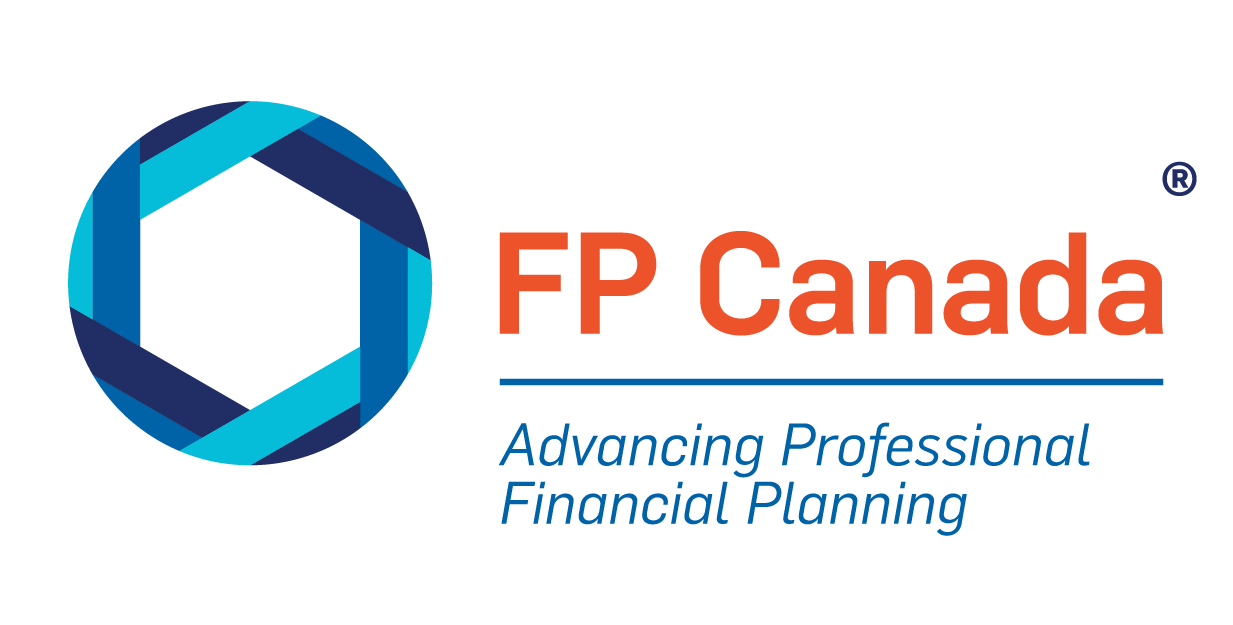Ethics Cautionary Note
When exams from the October 2025 CFP exam administration were scored, several professional conduct/ethical issues were flagged in a significant number of candidate responses. In addition, inappropriate candidate behaviour at an in-person test centre raised
concern. We are addressing the identified issues here as guidance for all candidates. These issues, if they had occurred with an actual client, would likely have constituted breaches of the FP Canada Standards Council™ Standards of Professional Responsibility,
which is set and enforced by the FP Canada Standards Council. And, as this guidance is applicable for both QAFP® professionals and CFP professionals, references below to CFP professionals should be interpreted as referring to both groups.
1. Duty of Loyalty (Principle 1), act in the client’s best interest (Rule 24), and gather the client’s information and identify and evaluate the appropriate financial planning strategies (Practice Standards 4 and 6)
CFP professionals shall implement only those strategies that are both prudent and appropriate for the client, and those which they reasonably believe will not materially or negatively impact the client's best interest. It is expected
that CFP professionals will conduct themselves in a manner that upholds the duty of loyalty to the client, placing the client’s interest first and acting with the care, skill and diligence of a prudent financial professional. To ensure rules
are followed in accordance with best practice, the FP Canada Standards Council Financial Planning Practice Standards outline the process that must be followed in any client engagement where financial planning services are being offered.
Practice Standard 4 requires that CFP professionals gather sufficient qualitative and quantitative information relevant to the engagement, and identify and resolve any gaps in information required before assessing the client’s current situation
and making recommendations. Practice Standard 6 stipulates that CFP professionals identify and assess possible financial planning strategies to help achieve the client's goals, needs, and priorities. CFP professionals should also develop options
and potential solutions to achieving the client's goals, needs and priorities, while recognizing personal biases and focusing on the client's best interest. For example, assuming a client has a higher or lower risk appetite based solely on their
age, without conducting a thorough risk tolerance assessment, could constitute personal bias.
2. Integrity (Principle 2), Fairness (Principle 5), Professionalism (Principle 8) and maintaining integrity and professional conduct (Rule 2)
CFP professionals must treat colleagues, clients, employees, and all others fairly, respectfully and in a manner that garners trust. This includes all spoken, written, and digital communication (including social media and networking
sites). All communications, in any format, should adhere to the provisions and spirit of the Code of Ethics, Rules of Conduct and Practice Standards. CFP professionals are expected to uphold the spirit of the Principles of the Code of Ethics
throughout all interactions, adhere to moral rules and duties imposed by honesty and justice, and act in a manner that reflects positively upon the profession. Professionalism refers to conduct that not only inspires confidence and respect
from clients, but the community. Conduct that is likely to impair trust or reflect negatively on the integrity of the profession may result in disciplinary action. Such conduct may include failing to treat colleagues, employees, and members
of the public fairly, and with professionalism and integrity.
3. Professionalism (Principle 8) and providing professional services in accordance with laws, regulations, rules or policies (Rule 25)
Financial planning professionals should always encourage and support compliance with the law. Recommendations should never seek to evade reporting requirements or legal obligations. In providing financial planning services, CFP professionals have
an obligation to uphold industry standards and ensure their conduct aligns with professional, legal, and regulatory requirements. CFP professionals may not intentionally or recklessly assist in another person's violation of standards, laws,
regulations or rules established by government agencies or other relevant authorities. Regulatory standards protect clients, promote fair and transparent practices, and assist in maintaining public trust. CFP professionals are expected to
act in a manner that reflects positively upon the profession and uphold the highest standards of practice, conduct, and competence.
4. Prudent and appropriate recommendations (Rule 23)
CFP professionals must only make recommendations that are prudent and appropriate for the client (Rule 23 of the FP Canada Standards Council Rules of Conduct). As an example, when recommending any change to an investment strategy, the CFP professional
must consider all the client’s suitability factors; in joint engagements, the obligation is to assess suitability separately for each party, not solely at the direction of one. Prudent strategies and recommendations will take into consideration,
among other factors, the client’s current situation, goals, needs, priorities, risk tolerances and time horizons for each account.
It is inappropriate to:
- Suggest, encourage, or insist that a client amend their risk tolerance to allow the client to adopt a riskier asset allocation to better their chance of achieving a desired goal or level of investment income without full and thorough assessment.
- Recommend clients purchase insurance products and incur costs without an established insurance need or objective or where the recommendation does not align with the client’s best interest. For example, recommending a client purchase
permanent life insurance for a temporary need with premiums that exceed the client’s cash flow capacity.
To ensure that the integrity of FP Canada’s certifications is upheld, CFP professionals must be knowledgeable about, and adherent to, the principles, practice standards, and applicable rules. Please refer to the Standards of Professional Responsibility for more detail.


